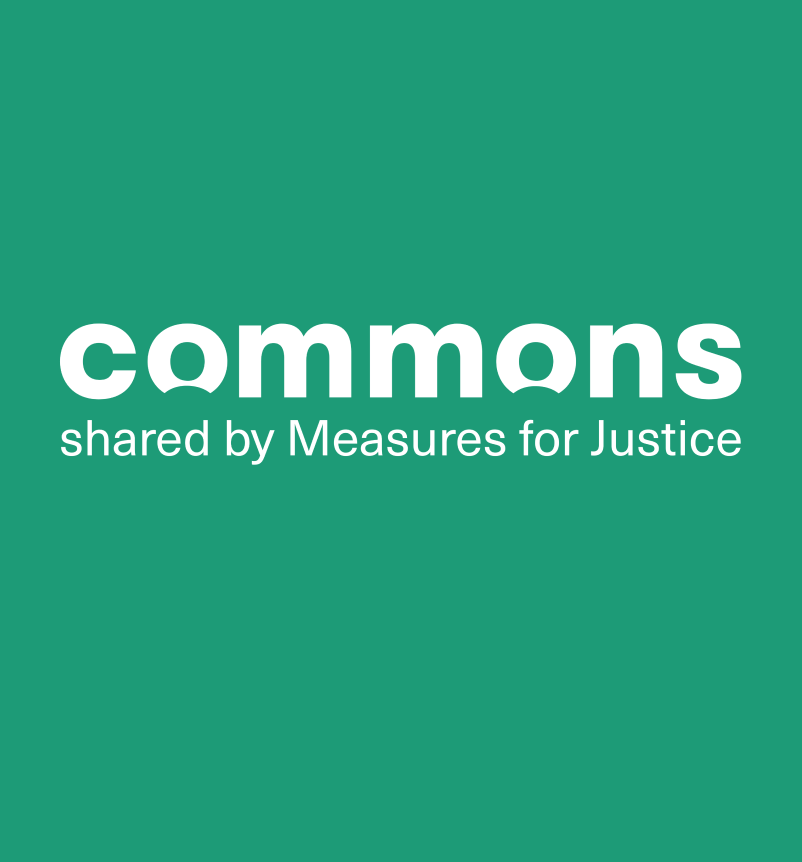Article originally published by The Winters Express on May 19, 2021 by Community Content (Content from in an around the community, rather than staff)
Yolo County’s Criminal Justice partners — the Probation Department, the Health and Human Services Agency (HHSA), Yolo County Superior Court, the Public Defender, and the District Attorney (DA) — have been working diligently to decriminalize those with mental illness and substance use disorders, who often find themselves mired in the criminal justice system after committing crimes driven by their illness.
Having a criminal record can impede a person’s ability to get employment and housing and become productive members of society.
Programs that have received statewide attention are Yolo County’s Mental Health Court (MHC) and Addiction Intervention Court (AIC) which involve a minimum 18-month court-based treatment and monitoring system for adult offenders with a serious mental illness and/or substance abuse disorders. MHC and AIC are programs designed to increase the treatment engagement of the participants while reducing arrests, hospitalizations and jail time during and after their involvement and participation in the program.
The County’s criminal justice team provides participants with wrap-around treatment which includes a focus on mental health, substance abuse, housing, vocational and school and physical health. The goal is to address the criminogenic factors and reduce recidivism. When participants are close to graduation, they participate in a Restorative Justice conference.
The most recent outcome measures for MHC that ended June 30, 2020, show impressive results. In 2020, 91 individuals were referred to the AIC and MCH programs, though only 68 individuals can be enrolled in the AIC and MHC programs combined, at a given time. Many that get placed in the AIC program also suffer from mental illness. For those who enrolled, when comparing the 12 months prior to starting Mental Health Court to the 12 months after Mental Health Court, there was a 69 percent decrease in arrests, a 48 percent decrease in jail bed days, a 100 percent decrease in local and state hospital bed days.
“These numbers are impressive,” said Jim Provenza, Chair of the Yolo County Board of Supervisors. “The Yolo County team is dedicated but we know the hard work begins and ends with the participants.”
Clients are referred to the programs mainly by the defense attorneys, though the District Attorney has some ability to refer individuals. No referral is ever denied, though the treatment team — Probation department and HHSA — may find someone unsuitable for the program after an assessment. MHC participants must suffer from a serious mental illness, such as bipolar disorder, schizophrenia or schizo-affective disorder.
For those living with a less severe mental illness, there are other diversion options such as Mental Health Diversion Law, where individuals who commit crimes and who live with any mental illness are eligible. The DA can also place individuals into Neighborhood Court with a managed mental health care component.
To support these efforts, the Yolo County team received a grant of $747,280 from the Federal Bureau of Justice Assistance that allowed Mental Health Court participants to double from 15 to 30 and provided staff to support these additional participants. Additionally, this past year, the team received a grant for $1.1 million from the Department of State Hospitals that allows justice partners to divert some individuals, who are deemed incompetent or are at risk for being incompetent, from standing trial. This allows the team to treat these individuals within the County and avoid sending them to a State Hospital.
The MHC team presented at the annual CA Forensic Mental Health Association Conference in April 2021 and was awarded the Yolo County Spirit Award for Teamwork in 2019. Additionally, the team is excited to once again participate in the National Alliance on Mental Illness walk on May 22 in honor of Mental Health Awareness month.
###

